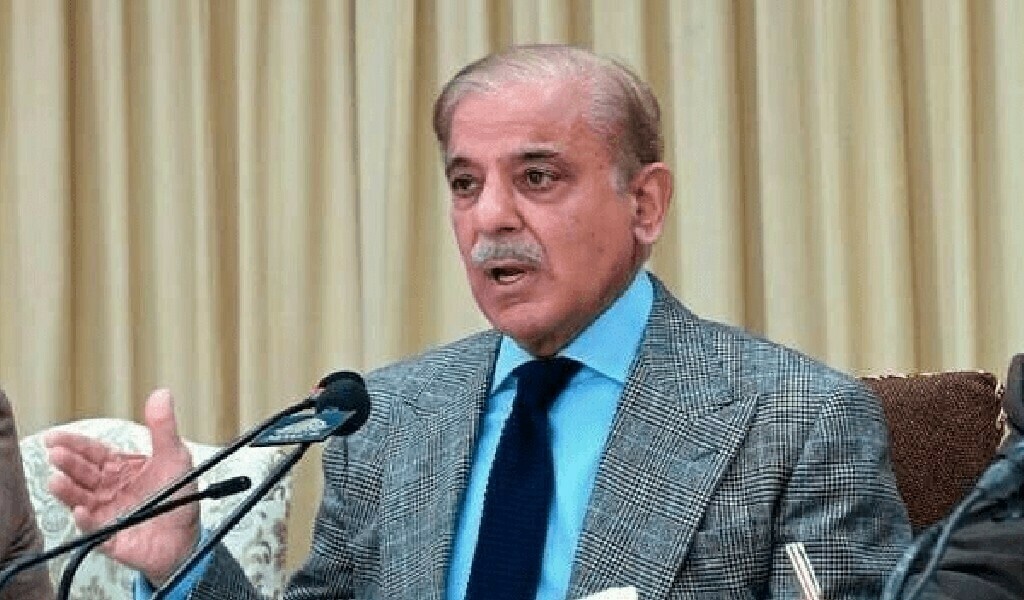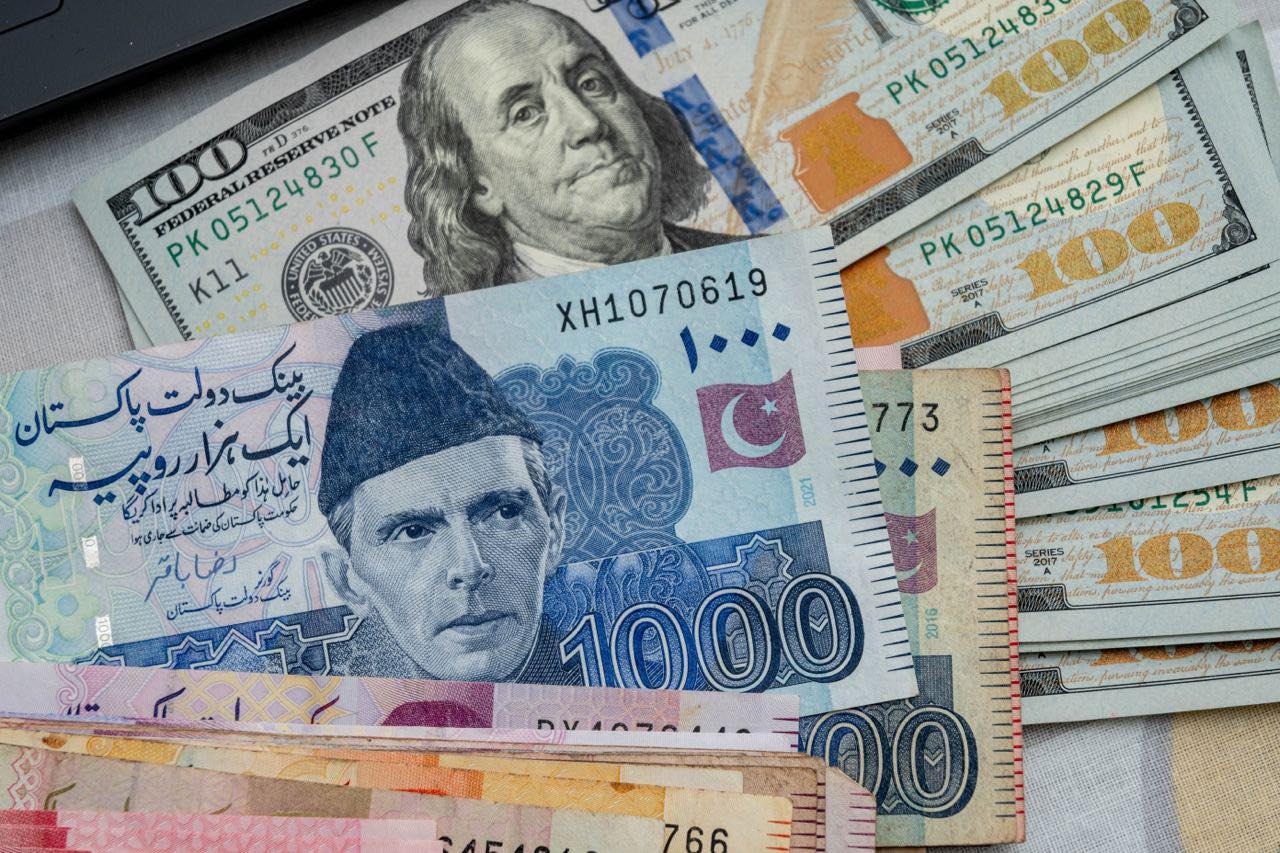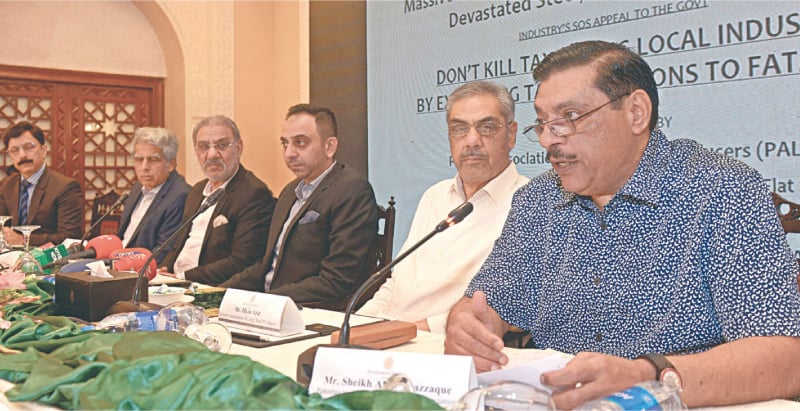PTBP Web Desk
Prime Minister Shehbaz Sharif on Thursday underscored the urgent need to curb petrol smuggling, directing authorities to take stringent actions against this ongoing issue. During a high-level review meeting focused on the country’s economic conditions and the digitization efforts of the Federal Board of Revenue (FBR), the premier highlighted significant economic progress and emphasized the role of reforms in fostering sustainable growth.
The prime minister noted that efforts to clamp down on petrol smuggling and the subsequent decrease in petrol and diesel prices have yielded positive results. He revealed that petroleum sales in November 2024 had surged to 1.58 million tonnes—the highest level in 25 months. This 15% year-on-year increase in petroleum sales reflects a recovering energy market, an essential indicator of economic stability.
Sharif called for further strict measures to combat smuggling, stressing that uninterrupted legal trade and optimized revenue collection are vital for economic recovery. He commended the relevant authorities for their efforts but reiterated the importance of sustained vigilance to secure revenue streams and ensure market stability.
The meeting also provided an update on the progress of the FBR’s digitization initiatives, a cornerstone of the government’s comprehensive economic reforms. Prime Minister Sharif emphasized the significance of completing the remaining tasks by December 31, 2024, marking digitization as a critical milestone in fostering transparency and efficiency in revenue collection.
The FBR’s digitization efforts include several transformative projects:
- Video Analytics in Industries: Video analytics systems for the sugar industry have been completed, while the design phase for the cement industry is underway. Sharif directed the expedited completion of these systems to enhance oversight and compliance.
- Digital Invoicing for Small Businesses: A mobile application for digital invoicing, aimed at small businesses, is set to launch by the end of December 2024. This tool will streamline the invoicing process and improve tax compliance among small enterprises.
- Upgraded Infrastructure: The hardware and data center of Pakistan Revenue Automation Ltd (PRAL) are being upgraded to ensure seamless operations. Additionally, a new board has been formed to oversee PRAL’s effective functioning.
- Faceless Customs Assessments: The establishment of a central assessment unit in Karachi for faceless customs assessments is expected to enhance transparency and efficiency in customs procedures.
Sharif expressed optimism over these developments, highlighting the economic team’s efforts to implement data-driven strategies for revenue generation. He stressed the importance of effective and faster taxation systems to support the country’s fiscal health.
The meeting also celebrated the success of recent economic decisions. Sharif pointed out the timely export of sugar, which generated $500 million in foreign exchange, as a significant achievement. He emphasized the need to replicate such successes across other sectors, leveraging digitization and data sharing for sustained progress.
The prime minister further outlined the government’s commitment to comprehensive economic reforms, which prioritize sustainable growth and inclusivity. He emphasized that the government’s role is to provide a supportive policy framework, allowing the private sector to drive economic development. Sharif cited the significant financial losses incurred by state-owned enterprises (SOEs), amounting to around Rs6 trillion over the past decade, as a reason to focus on empowering the private sector.
Additionally, Sharif highlighted the two existential challenges facing Pakistan: population growth and climate change. He stressed the importance of addressing these issues through innovative policies and sustainable practices.
The prime minister lauded the increase in petroleum sales, viewing it as a reflection of the government’s effective policies. He noted that the economic team’s efforts have started to bear fruit, resulting in increased fiscal space and improved market confidence.
Sharif concluded by reiterating the government’s resolve to implement a comprehensive revenue strategy. He emphasized that the digitization of FBR and other reforms represent a new era of transparency, efficiency, and accountability in Pakistan’s economic framework. The premier’s directives aim to consolidate these gains, ensuring long-term benefits for the nation.




